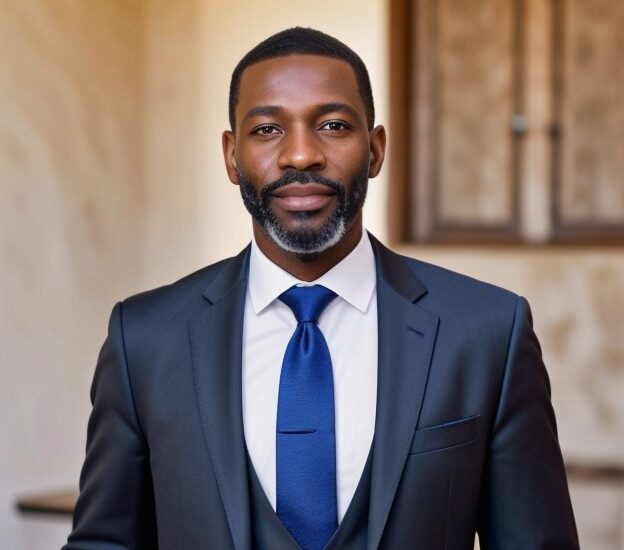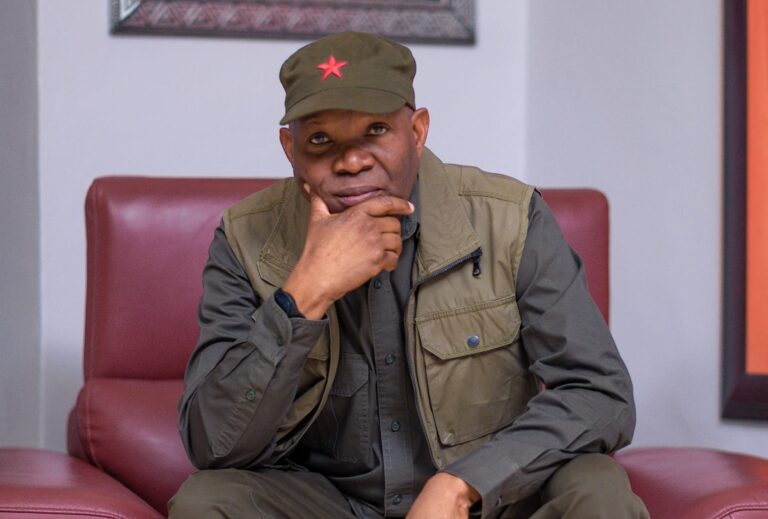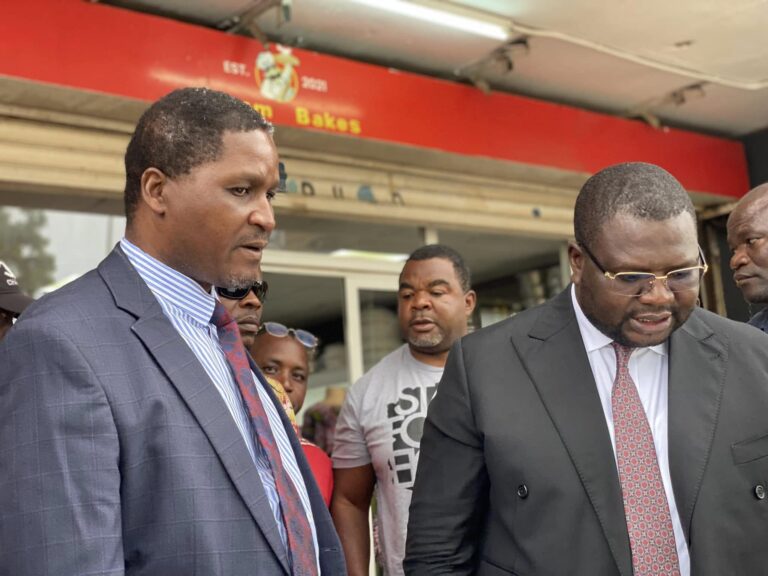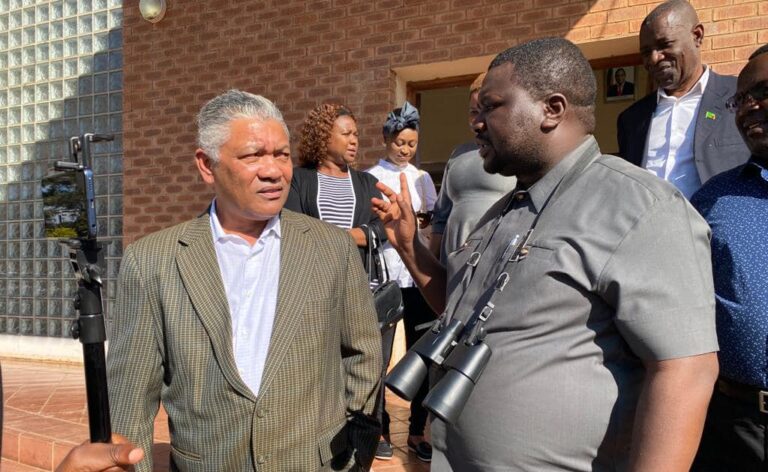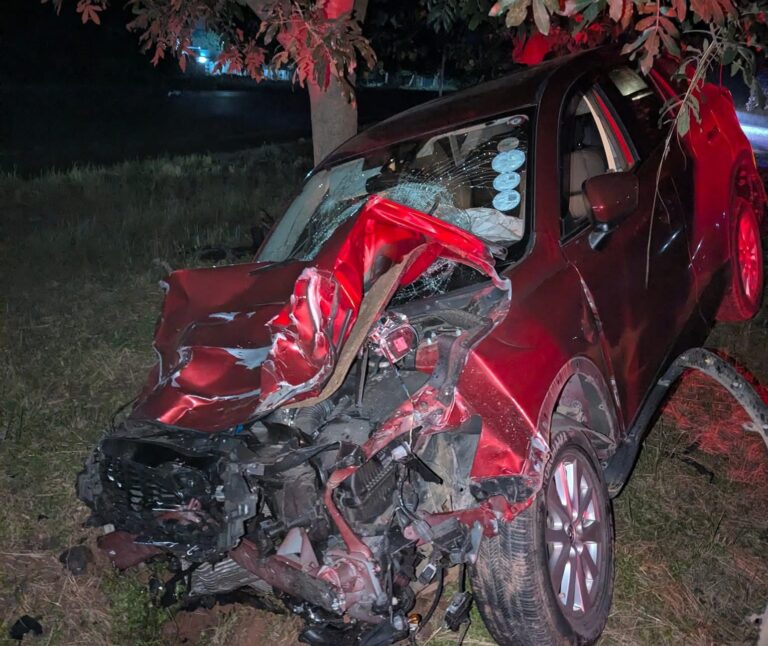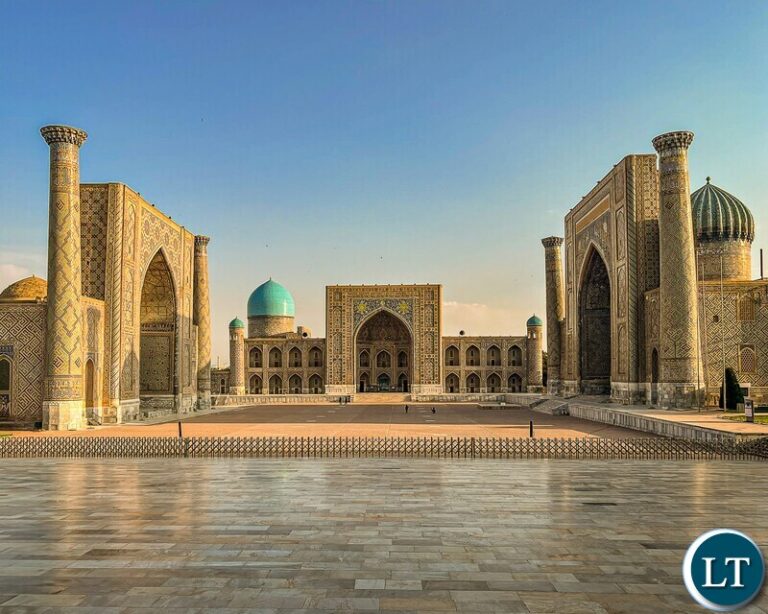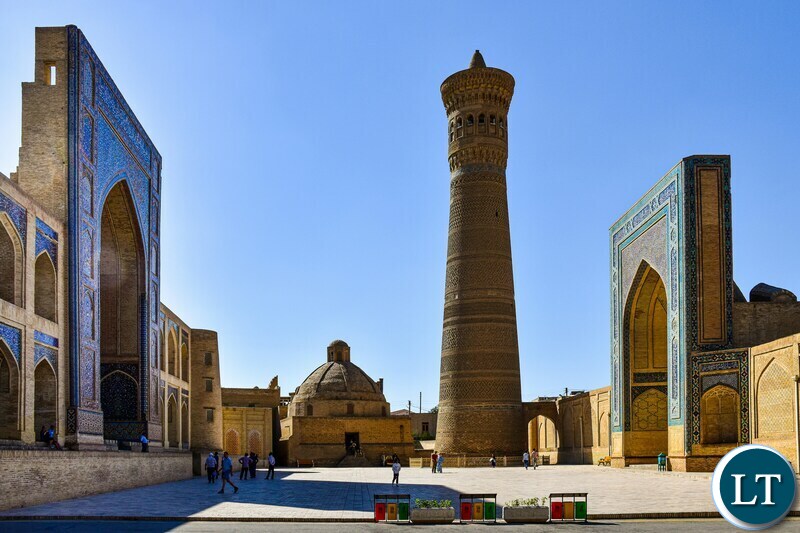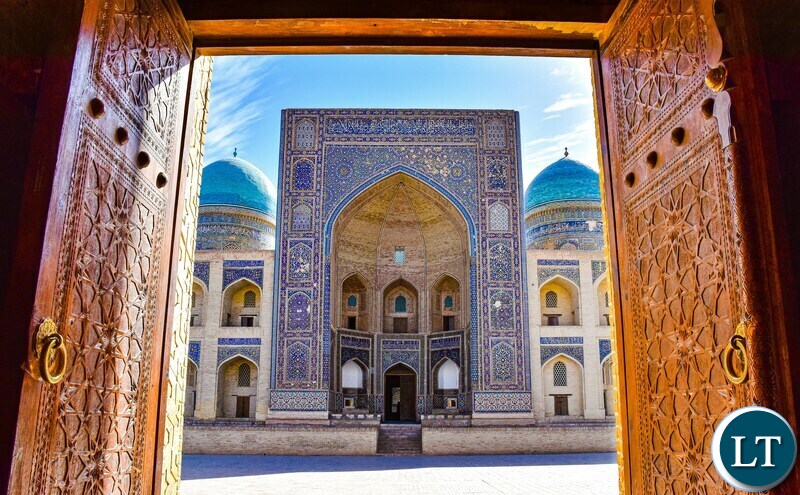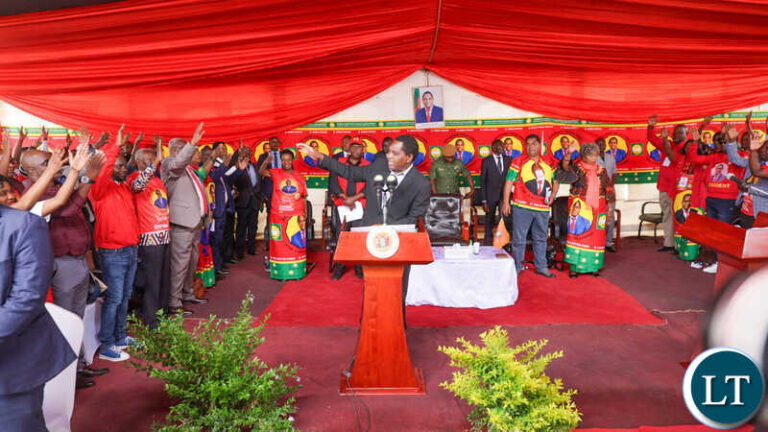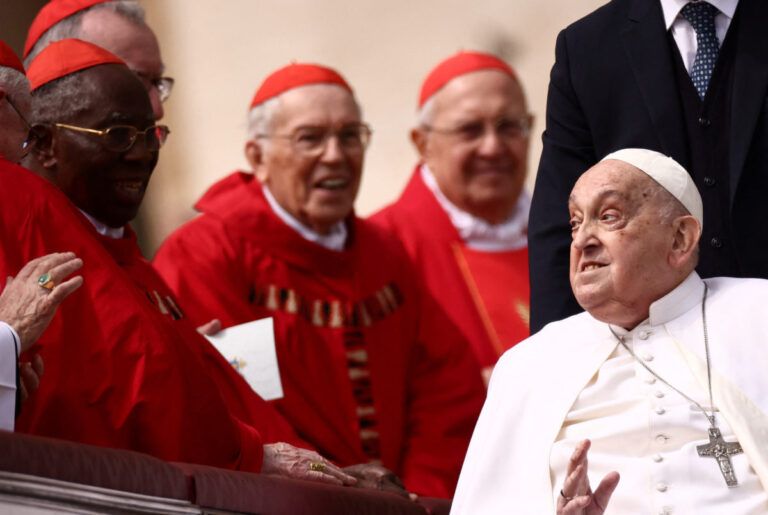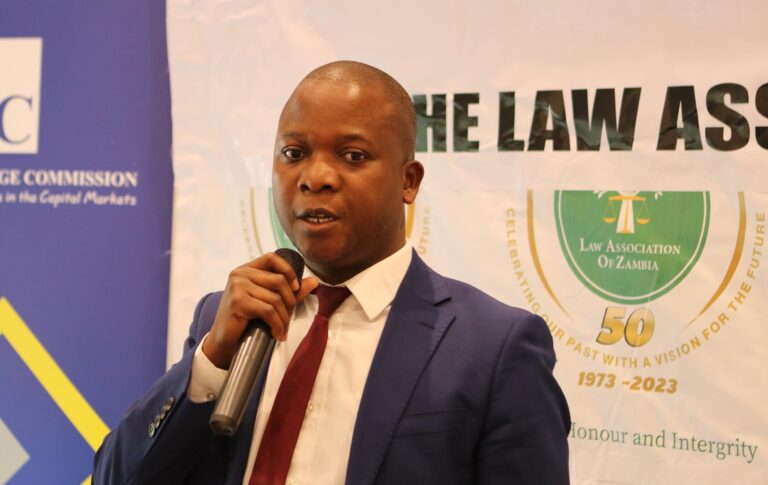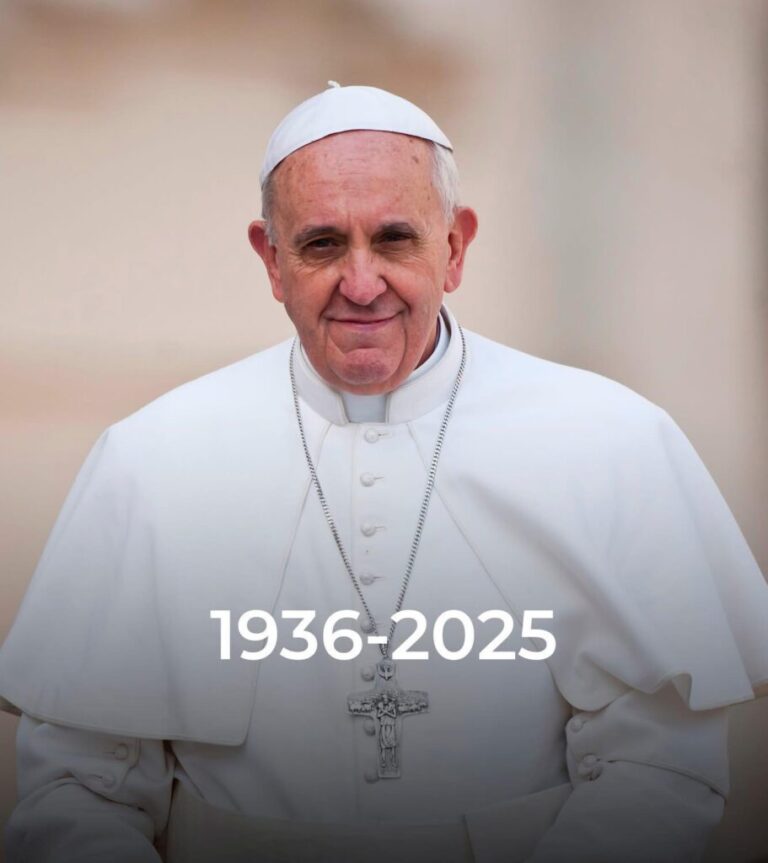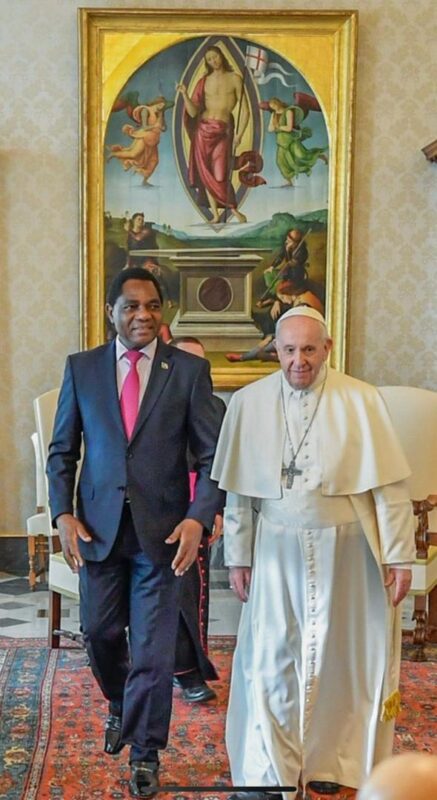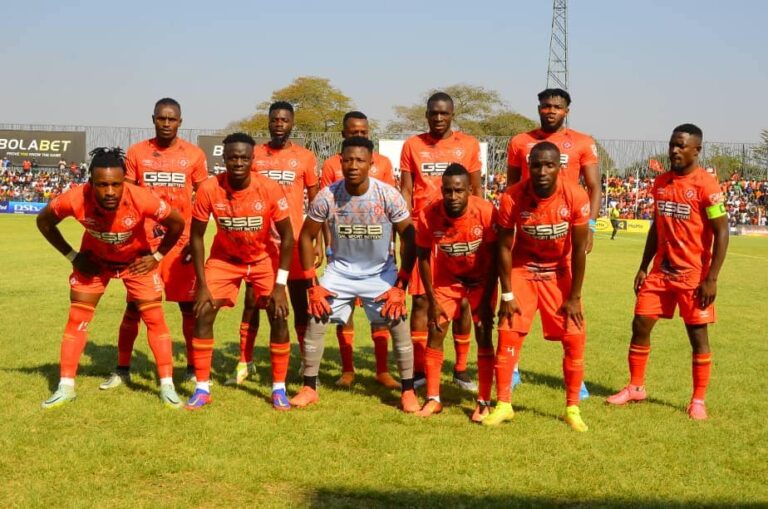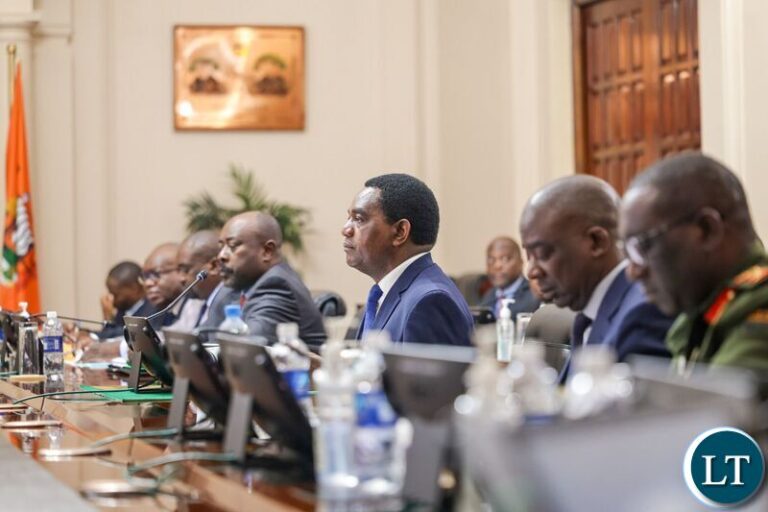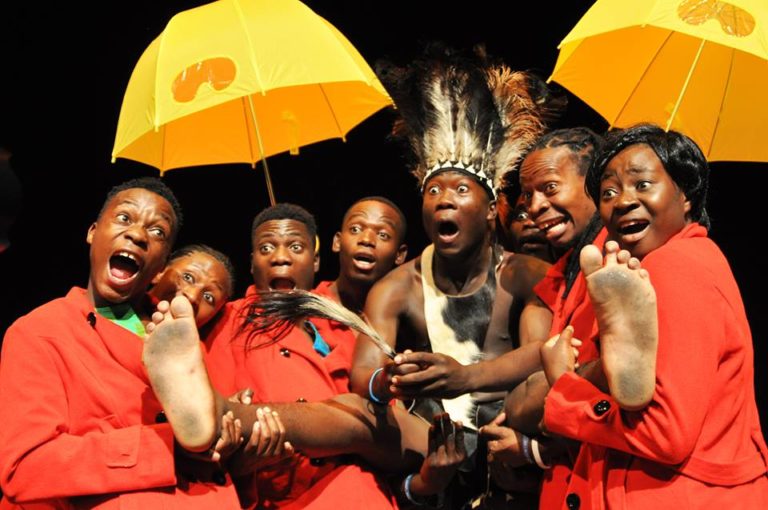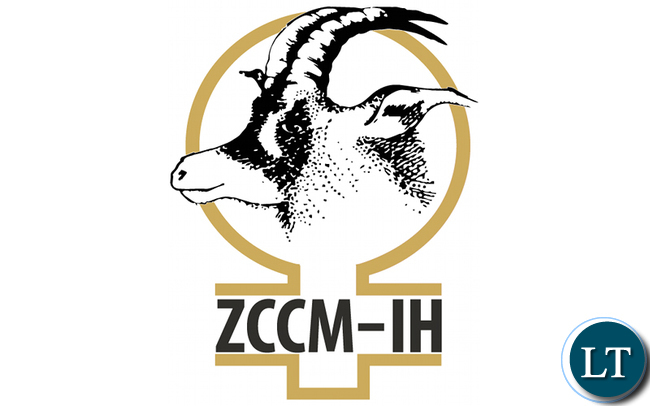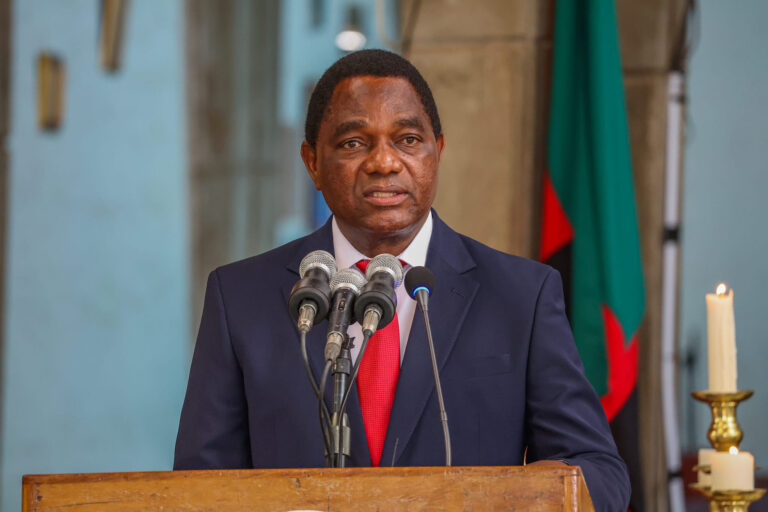‘By Sishuwa Sishuwa
The fear of losing power – and the economic and political benefits that come with it – after only one term in office is evident in President Hakainde Hichilema’s increasingly panicky and politically suicidal decisions. At the heart of this clear expression of political insecurity is a realisation by Hichilema that he has failed to deliver many of his campaign promises and grown unpopular. This situation has left the president susceptible to defeat in next year’s election, if the opposition can unite behind a strong candidate who is able to articulate an alternative national programme or vision that resonates with the concerns of majority voters. It has also instilled fear in him and members of his inner circle. They are terrified of losing everything they have accumulated thus far and the foundations they have laid for further accumulation, as well as of the possibility of ending up in jail for possible corruption and criminal misuse of state power.
Hichilema came to power in August 2021. Years of economic mismanagement, grand corruption, and democratic erosion under his predecessor, Edgar Lungu, disappointed voters, and enabled Hichilema, who spent a decade and half in opposition politics, to position himself as the reformist leader Zambia needed to reclaim its democracy, eliminate corruption, and set itself on a possible path to economic recovery.
In power, Hichilema has turned out to be nearly everything he detested about his predecessor, and, in some cases, much worse. After he commendably abolished the law on defamation of the president, he quickly turned to other repressive statutes to arrest critics and political opponents on a variety of charges such as sedition, criminal libel, hate speech, espionage, and unlawful assembly. Under his watch, corruption is thriving on a massive scale, the economy is a shambles, ethnic divisions are worsening, and the nation’s democracy is essentially non-existent. The man who was expected to lead a reformist drive has instead transitioned into an aspiring despot.
At the heart of this unwanted turnaround is fear – the fear of losing power. In her book, Freedom from Fear and Other Writings, the Burmese human rights activist, Aung San Suu Kyi, wrote that “It is not power that corrupts but fear. Fear of losing power corrupts those who wield it and fear of the scourge of power corrupts those who are subject to it.”
This anticipated loss of economic and political power is the fear that has engulfed Hichilema. In a bid to prevent this real prospect of losing the 2026 election, his administration is enacting a series of repressive legislation that aim to undermine the constitution and stifle the freedoms of ordinary citizens, civil society, journalists, and opposition political parties. Some of these anti-democratic laws are already in force while others are in the pipeline. Below, I discuss a few of them and their intended victims.
Corrupting the constitution
The first victim of Hichilema’s creation of legal autocracy is Zambia’s constitution. Here, the goal of his announced changes to the constitution is the control of parliament. After using the courts to block his main rival, former president Lungu, from contesting the 2026 election, Hichilema is relatively confident of winning the presidential election. Furthermore, he has appointed loyalists to head the Electoral Commission of Zambia (ECZ), the body that manages the election, and reconstituted the Constitutional Court (ConCourt), the institution that has the final say on all matters relating to the election of the president including petitions.
For instance, the president has appointed his former personal lawyer, Mwangala Zaloumis, to chair the electoral body. Since its creation in 1996, the ECZ has benefited from having as chairpersons a series of former High Court or Supreme Court judges who commanded the respect of all political players and enhanced its credibility. Zaloumis, who has never served in a judicial role, was nominated for a position that required a simple majority for confirmation. The opposition in parliament opposed her nomination, but it was ultimately approved with the support of MPs from Hichilema’s party.
Hichilema has also appointed four new judges to the ConCourt (including a close personal friend), sacked three who had been appointed by Lungu, and promoted those seen as predisposed towards him to the court’s key leadership positions. Hichilema is worried that he could win the presidential election but lose control of parliament, where rigging is harder even with his supporters in charge of ECZ. To avoid this situation, the president has proposed two constitutional amendments to secure his party’s majority in parliament.
One proposal is to reportedly increase the number of parliamentary constituencies by ninety seats, with most of them in the president’s strongholds, through delimitation. Another proposal is to increase the number of nominations the president can make as MPs from the current limit of eight, as protected by the constitution, to a number determined by an Act of Parliament. The Constitutional Amendment Bill containing these and other controversial proposals, none of which were agreed upon through broad consensus, will be released next month and brought before parliament in June.
Hichilema and his officials are already boasting that they have secured the two-thirds majority support needed in parliament to ensure the bill’s passage when it is tabled for voting in July this year. Should these proposals pass, they will enable Hichilema to make further changes to the constitution after conducting either the by-elections that could be created by the passage of the bill, or the next general election.
If a sitting president can rig an election, control the ConCourt, and compose parliament, it is hard to see how they can ever be voted out of office. The danger here is that when people lose trust in formal institutions including the use of elections as the best mechanism of changing governments, the risk of violence and instability is greater. This might explain why Hichilema recently bizarrely urged soldiers to be lethal when dealing with civilians, should a situation arise where they would be deployed to perform functions that are ordinarily reserved for the police such as containing possible civil unrest.
Policing social media
The second victim of Hichilema’s implementation of legal autocracy is freedom of expression. Here, the target are ordinary Zambians who use X, WhatsApp, Instagram, TikTok, and Facebook, to hold the government to account. A bit of context is essential to understanding this point.
In opposition, Hichilema defended citizens’ use of these social media platforms as an essential element of free speech especially whenever police arrested his predecessor’s critics for online-related offences. When Lungu, under the guise of preventing and punishing cyber-crimes, signed the Cyber Security and Cyber Crimes Act ahead of the 2021 election, Hichilema made an accurate assessment of its dangers. He described the Act as a threat to democracy and vowed to repeal it, if elected. “That terrible law will die alongside the Public Order Act. Change is coming”, he wrote on X five months before he won power.
Hichilema later added: “They have temporarily taken away your freedom of speech and expression through the rushed Cyber Security bill to stop you questioning their incompetence and corruption. Our first task once you elect us this August will be to repeal this bad law! The Cyber Security and Crime Bill is not about preventing cyber-bullying. It is about clamping down on freedom of expression and spying on citizens.”
After Zambians voted for him, Hichilema changed his tune. Social media became “a menace” that needed to “be addressed in a stronger way”. In addition, the Cyber Security and Cyber Crimes Act became an acceptable law that his administration regularly used to arrest his critics and political opponents. When ordinary citizens turned the heat on Hichilema and produced social media posts of his unfulfilled campaign promises including the pledge to repeal the ‘spying’ law, the president accused them of spending “too much time on social media” and using the platform to promote hate speech, cybercrimes, bullying, and misleading information – the same justifications Lungu had provided when introducing the law.
Addressing parliament in March 2022, an agitated Hichilema described social media as “a vice [that] must not be celebrated or condoned”, vowed “to put a stop to irresponsible use of ICT as well as social media platforms”, and promised that “laws to protect citizens from this illegality will be enforced vigorously.” Instead of only repealing the Lungu-era Cyber Security and Cyber Crimes Act, as he had promised, Hichilema decided to divide it into two: the Cyber Security Act and the Cyber Crimes Act, both of which contain more punitive sections than the original law. Before they received presidential assent, the Acts were strongly opposed by civil society, ordinary Zambians, and opposition parties.
`
Even the United States Chamber of Commerce asked Hichilema “to consider the potential impact of this legislation on foreign investment and the technology sector”, fearing that they “could dissuade other American firms from entering the Zambian market due to the perceived risks associated with operating under such a regulatory framework.” Hichilema, who has consistently shown little regard for public sentiment, ignored this combined opposition, used his party’s parliamentary majority to pass the bills, and signed them into law on 8 April.
The new Cyber Crimes Act contains dreadful sections that are both at variance with the principles of a constitutional democracy and much worse than the law that Hichilema had condemned when in opposition. As the US Embassy in Zambia wrote in a travel alert to its citizens, the legislation makes it a legal requirement for electronic communications service providers to enable real-time monitoring and interception of all communications such as emails, text messages, calls, and streamed content in search of “critical information”, a term the law defines so broadly that it could apply to almost any activity, and to transmit the intercepted communications to a unit in Hichilema’s office. Some of the sections are terrifying. Here are a few random examples.
Section 5: It is an offence to communicate “critical information” to someone not authorised. (15 years imprisonment).
Section 6: It is an offence to possess “critical information” without authorisation (15 years imprisonment).
Section 20: It is an offence to use a computer or computer system for an activity which constitutes an offence under any written law.
Section 24: It is an act of cyber terrorism to incite or attempt to incite ethnic divisions among the people of the Republic (imprisonment for life)!
Critical information is defined in the Cyber Security Act as “computer data that relates to public safety, public health, economic stability, national security, international stability and the sustainability and restoration of critical cyberspace including — (a) personal data that is managed, stored or transmitted through critical information infrastructure or processed by a controller; (b) information relating to any research and development in relation to critical information infrastructure; (c) information needed to operate critical information infrastructure; or (d) information relating to risk management and business continuity in relation to critical information infrastructure”.
The vague definitions of terms used in the Cyber Security Act, the broad discretion given to law enforcement officers, and the absence of judicial safeguards leave the two Acts open to abuse. This could lead to what Hichilema in opposition called the “clamping down on freedom of expression and spying on citizens.” With these new laws, there is limitless potential to crack down on any criticism of the government especially since this could happen in real time with the interception of all electronic communication.
The prohibition of use of computers or computer systems for offences, as section 20 does, places a burden on citizens to comb through not just the Cybercrimes Act but all written laws in Zambia to identify possible offences, effectively prohibiting the use of computers and bringing about self-censorship.
If I or anyone else criticised President Hichilema for promoting ethnic divisions through skewed distribution of appointments to public office, police are obliged to arrest us for the offence of cyber terrorism that carries a sentence of life imprisonment.
If I am, or anyone else is, sharing information deemed “critical” by the authorities, police are obliged to arrest us for the offence of unauthorised disclosure of data relating to critical information or critical information infrastructure that carries 15 years’ imprisonment.
The Cyber Crimes Act is thus likely to curtail free speech, undermine legitimate criticism of elected public leaders, and instil fear in citizens. As Aung San Suu Kyi noted, “Within a system which denies the existence of basic human rights, fear tends to be the order of the day. Fear of imprisonment, fear of torture, fear of death, fear of losing friends, family, property or means of livelihood, fear of poverty, fear of isolation, fear of failure. A most insidious form of fear is that which masquerades as common sense or even wisdom, condemning as foolish, reckless, insignificant, or futile the small, daily acts of courage which help to preserve man’s self-respect and inherent human dignity. It is not easy for a people conditioned by fear under the iron rule of the principle that might is right to free themselves from the enervating miasma of fear.”
Through the new cyber laws, Hichilema is testing our ability to defend our rights, to think, hold opinions and to freely publish such opinions. He is also effectively undermining media freedom without closing newspapers and imprisoning their workers by ensuring that they employ self-censorship. By using legal mechanisms to subvert democracy, Hichilema is seeking, in the short-term, to wrongfoot his critics by pointing out that he is merely presiding according to the laws of the country and, in the long term, to consolidate and retain State power through the use of formal institutions to eliminate any serious political competition.
The most frightening part is that Hichilema’s bid to install legal autocracy in Zambia is not complete. In the offing are several even more repressive bills that will soon come to light. One is the Zambia Institute of Journalism Bill 2025 which is designed to provide for stringent conditions for the registration, licensing, and control of journalists and the print media. Another is the Independent Broadcasting Authority (IBA) Bill which is set to muzzle and control the broadcast media even more strictly. Then, there is the Public Gatherings Bill which is intended to severely restrict the political activities of opposition parties. The final one is the Non-Governmental Organisations (NGOs) Bill which is meant to strictly regulate the activities of NGOs.
Owing to pressing work-related commitments, I cannot analyse each of these impending bills in detail today. In any case, there are other intellectuals, such as Muna Ndulo, O’Brien Kaaba, Munyonzwe Hamalengwa, and Privilege Hang’andu, who criticised Lungu-era autocratic tendencies and who, I suppose, are as outraged by Hichilema’s expression of similar tendencies. Unless their criticism of Lungu’s leadership was motivated by other considerations, I imagine they are about to condemn Hichilema’s actions and speak out in defence of the constitution and our democracy. Should they remain silent, I promise to continue the discussion at the earliest opportunity.
I should end by noting that the grave mistake that Hichilema is making in pushing these repressive laws on Zambians is the failure to realise that authority cannot be exercised without legitimacy. Elite and popular legitimacy is the foundation of any political system especially a democratic one like Zambia’s. Unjust laws create illegitimate systems. Under an illegitimate system, people might obey the law because if they do not, they risk arrest. As well as depriving such laws of the moral force they require to enjoy legitimacy, this feeling of fear among the ordinary people is likely to only increase their desire to get rid of the source of their collective fear: the president. In introducing these repressive laws, Hichilema is seeking to prolong his stay in power. The irony is that these laws are likely to expedite his removal from office.
It is now clear that Hichilema fooled many Zambians, including me, into believing that he was what he is, in fact, not. The Hichilema we are seeing now is the real Hichilema. The one we were sold in opposition was a fraud. In opposition, Hichilema defended the use of social media, opposed his predecessor’s attempts to both regulate civil society or NGOs and introduce statutory regulation of journalists. He also vowed to repeal anti-democratic laws and enact in their place progressive legislation that would promote human rights and help strengthen accountable democratic governance. In power, he is doing the opposite of nearly everything he promised. Zambians have discovered the key to understanding Hichilema: believing what he does, not what he says, and knowing that he almost always means the opposite of what he says.
Any sane, objective, and keen observer can easily notice that Hichilema is determined to further destroy Zambia’s democracy. Sustaining this destruction might soon require those in power to start eliminating pro-democracy activists, critics, and political opponents. If I end up as one of the victims, so be it. I am convinced that liberty is the right of every person to be honest with others and with themselves, to think and to speak without hypocrisy or fear, to risk anything in order to live the dictates of their conscience and to give full expression to the courage of their convictions, and to hoist and proclaim virtue. I am consistent with my beliefs, many of which have taken root and become purified.
Let Hichilema and his supporters know one thing: like many ordinary Zambians, the only thing that will shut me up is the provision of competent and quality leadership that would restore our cherished democracy, get the best out of Zambia’s mineral wealth, respect the constitution and the rule of law, fight corruption beyond rhetoric, promote genuine national unity and equitable distribution of appointments to public service, sort out the cost-of-living crisis and the deplorable conditions of life for most Zambians, and at all times conduct itself in a manner that would inspire the highest expression of ethical values – courage, compassion and love for fellow human beings, moral force of character, integrity, genuine humility, honesty, a predilection for consultation, consensus-building, communication, co-operation, active listening, and the selfless pursuit of the public good, and not the selfish striving for personal gain.
Like many ordinary Zambians, I too will not be silenced by the unjust and repressive laws Hichilema is manufacturing. Using my pen and voice, I will keep fighting in my little corner for a better Zambia until victory or death, whichever comes first. For the love of the nation and in the service of public interest, I am prepared to risk anything including my very last breath. Unjust laws, like aspiring autocrats, deserve no respect. As was apartheid, they are illegitimate and must be fought relentlessly, tenaciously, and courageously.
As Aung San Suu Kyi correctly noted, “even under the most crushing state machinery, courage rises up again and again, for fear is not the natural state of civilized man.” And because the natural state of the ‘civilised’ Zambian is to strive to defeat all things which retard our full expression and to always grow to higher status, all round, I am not too concerned about the ongoing political games that Hichilema is playing. I have faith, genuine and deep-seated faith, in the collective power and decisiveness of ordinary Zambians. Those temporarily entrusted with the management of public affairs can only underrate the indomitable will and courage of ordinary Zambians at their own peril.
Although one may sometimes misread our peaceful nature and relative silence in between general elections as a sign of weakness, we Zambians have repeatedly demonstrated our willingness to come together and push back when pressed against the wall or whenever the moment demands that we rid ourselves of presidents who think they know better than us and refuse to listen. We freed ourselves from Kenneth Kaunda. We freed ourselves from Rupiah Banda. We freed ourselves from Lungu. And we will certainly free ourselves from Hichilema. History has proved it. Our experience has confirmed this timeless truth: that we, the people, will win, in the end. We always do.


